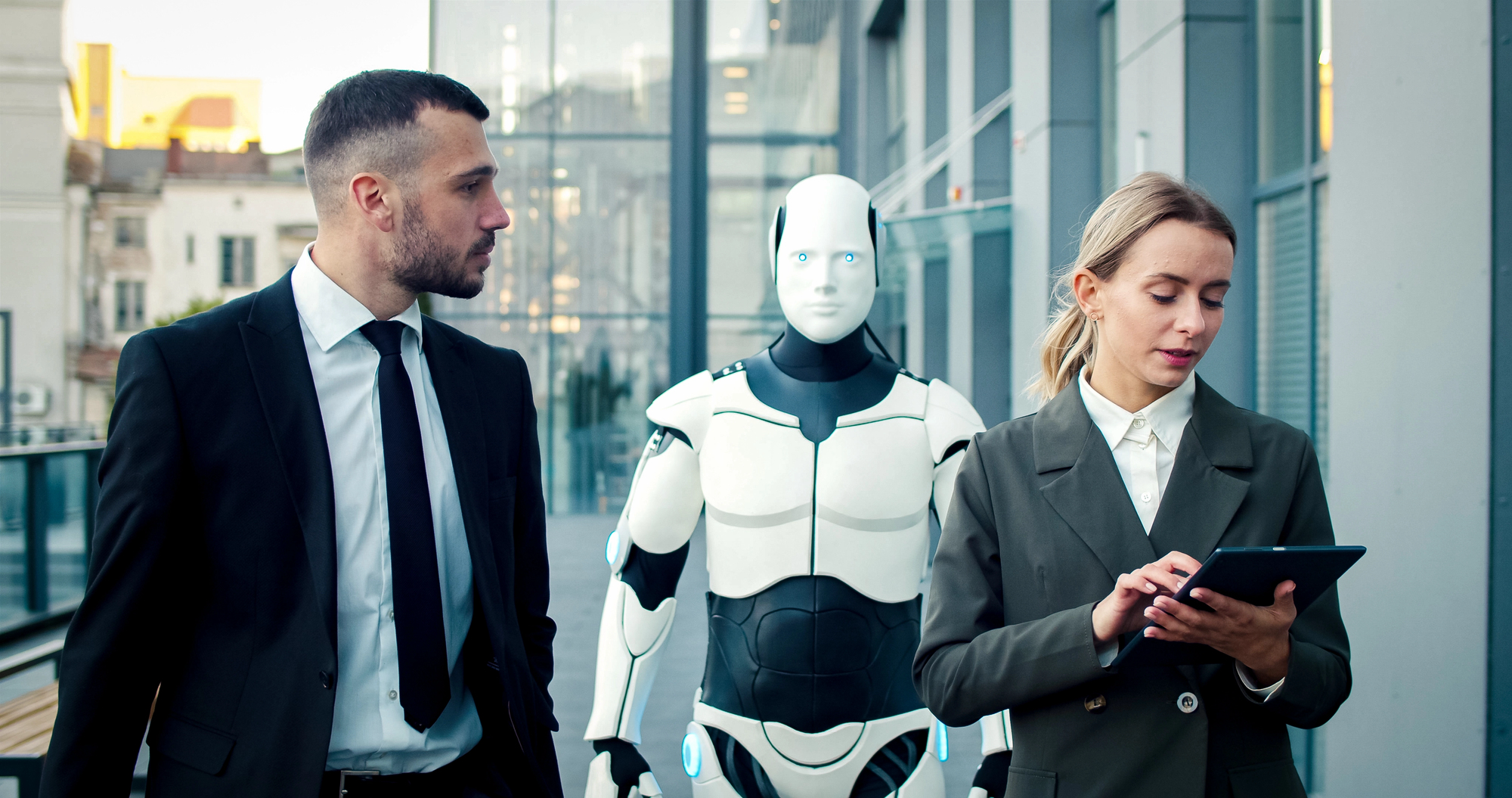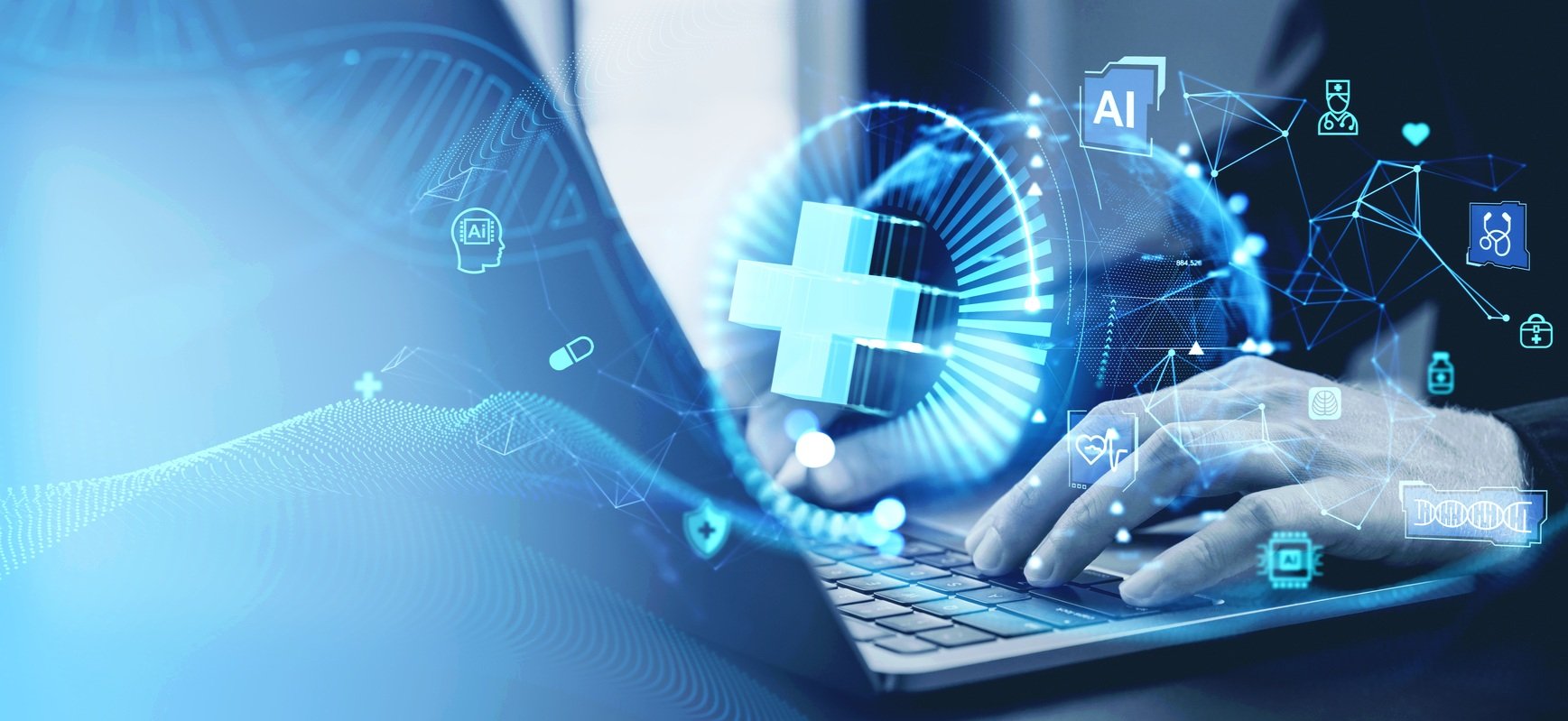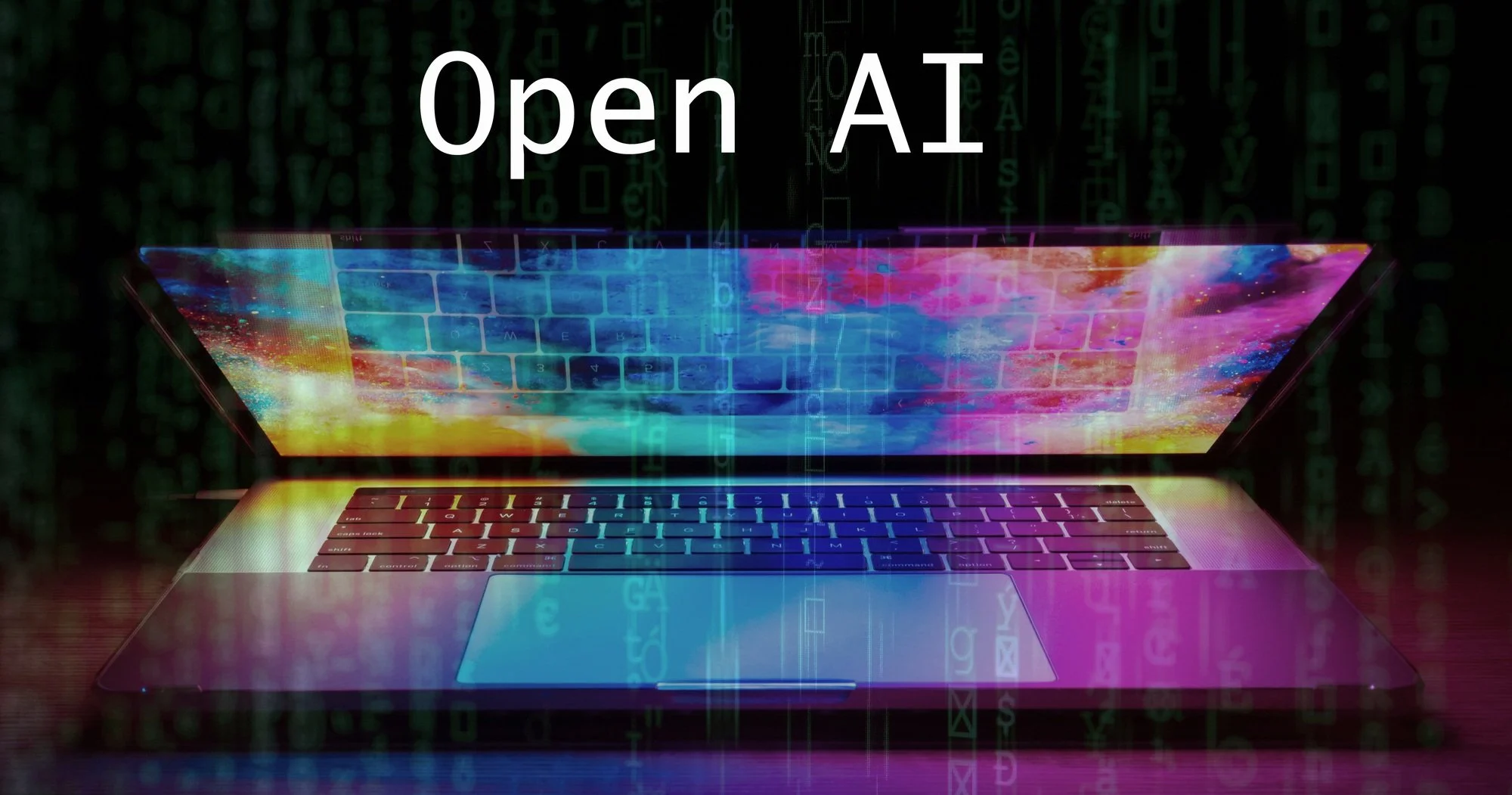Yes, there is an AI bubble. AI-related stock prices are inflated, valuations of startups are inflated, there is too much marketing hype, data center construction is excessive, etc. All of these related bubblets will deflate, and probably soon.
Read MoreIn mid-2025, we are entering the early stages of a new age of digital transformation where networked technologies that combine engineering, computer algorithms, and culture are becoming impactful on a global scale. The upcoming digital revolution and technological convergence will drastically affect our patterns of living, working, and networking in the near future.
Read MoreSince the publication of my book, "Navigating the Techstorm," I've closely watched the rapid evolution of emerging technologies through the lens of a deep-tech investor with extensive experience in technology startups. The framework I proposed—Analyze, Assess, Adapt—has not only remained relevant but has become even more critical as the pace of technological innovation accelerates. It's become clear that understanding and proactively responding to technological disruption is no longer merely beneficial—it's essential for sustained growth and competitive advantage.
Read MoreWhile artificial intelligence (AI) has the potential to be transformative, the track record to date is disappointing. Although billions have been invested in AI, recent research reveals that only 1 percent of companies surveyed consider themselves to be “mature” – i.e. to have fully integrated AI into workflows and thereby produce better business outcomes. The same research report found that the biggest barrier to scaling AI is not employees—but leaders. Mayer, Hannah, Lareina Yee, Michael Chui, and Roger Roberts. "Superagency in the Workplace: Empowering People to Unlock AI’s Full Potential." McKinsey & Company, January 28, 2025. https://www.mckinsey.com/capabilities/mckinsey-digital/our-insights/superagency-in-the-workplace-empowering-people-to-unlock-ais-full-potential-at-work.
Read MoreIn 2022 Congress requested a study by the National Academies on the current and future impact of AI on the US workforce. The report, “Artificial Intelligence and the Future of Work,” was released in November of 2024. The three year study was conducted by a Committee of experts from universities and private sector institutions co-chaired by Stanford professor Erik Brynjolfsson and CMU professor Tom Mitchell.
Read MorePresident Donald Trump’s administration will assume a cybersecurity portfolio that has continued to evolve toward combating digital threats since the Cybersecurity and Infrastructure Protection Agency (CISA) was created 6 years ago out of the Department of Homeland Security (DHS). CISA’s mission is a formidable one. The list of hostile threat players in cyberspace is quite extensive. Nation-states, organized criminals, terrorists, and hacktivists are all included.
Read MoreIt is well known that artificial intelligence (AI) enables better, faster and more automated decisions. Indeed, it has been proposed that AI is driving a resurgence of interest in redesign business processes.[i] That’s partly due to the ability of certain AI tools, such as robotic process automation (RPA) which when combined with machine learning as “intelligent process automation,” can automate information-intensive processes. It has also been argued that AI fits well into improvement methods such as Lean Six Sigma and can be applied at each stage of the so called DMAIC process (Define-Measure-Analyze-Improve- Control).[ii] Note that Six Sigma and Lean Six Sigma are highly codified and structured methods of process improvements which have a strong bias towards incremental improvement within organizational boundaries. The integration of AI into process improvement may have the potential to reignite interest in more major change – targeted at large enterprise processes – perhaps even reengineering.
Read MoreThere is no doubt that 2023 was a tough year for cyber security. The amount of data breaches keeps rising from previous years, which was already very scary. An exponential rise in the complexity and intensity of cyberattacks like social engineering, ransomware, and DDOS attacks was also seen. This was mostly made possible by hackers using AI tools.
Read More“Social media provide a steady diet of dire warnings that artificial intelligence (AI) will make software engineering (SE) irrelevant or obsolete,” wrote CMU computer scientists Eunsuk Kang and Mary Shaw in their September, 2024 paper, “tl;dr: Chill, y’all: AI Will Not Devour SE.” [tl;dr: a summary of a longer text]. “To the contrary, the engineering discipline of software is rich and robust; it encompasses the full scope of software design, development, deployment, and practical use; and it has regularly assimilated radical new offerings from AI.”
Read More“Digital twins are fast becoming part of everyday life,” said the lead article in the August 31 issue of The Economist. A Digital Twin is essentially a computerized companion to a real-world entity, be it an industrial physical asset like a jet engine, an individual’s health profile, or a highly complex system like a city.
Read MoreThe 2024 MIT Sloan CIO Symposium took place on Tuesday, May 14 at the Royal Sonesta, a hotel overlooking the Charles River a short walk from the MIT campus in Cambridge, MA. Not surprisingly, AI was the dominant theme in this year’s Symposium, with a number of keynotes and panels on the topic. In addition, a pre-event program was added on the day before the Symposium, which included a number of more informal roundtable discussions on various aspects of AI, such as legal risks in AI deployment, AI as a driver for productivity, and human’s role in AI-augmented workplaces.
Read More“The Coming AI Economic Revolution: Can Artificial Intelligence Reverse the Productivity Slowdown?” was recently published in Foreign Affairs by James Manyika and Michael Spence, two authors I’ve long admired. James Manyika is senior VP of research, technology and society at Google, after serving as chairman and director of the McKinsey Global Institute from 2009 to 2022. Michael Spence, a co-recipient of the 2001 Nobel Prize in Economics, is professor in economics and business at NYU’s Stern School of Business, and was previously professor of management and dean of the Stanford Graduate School of Business.
Read More“Since the 1980s, open source has grown from a grassroots movement to a vital driver of technological and societal innovation,” said “Standing Together on Shared Challenges,” a report published by Linux Foundation Research in December of 2023. “The idea of making software source code freely available for anyone to view, modify, and distribute comprehensively transformed the global software industry. But it also served as a powerful new model for collaboration and innovation in other domains.”
Read MoreEvery new year creates a new opportunity for optimism and predictions. In the past couple of years, emerging technology has permeated almost all areas of our lives. There is much to explore! In this article, I focus on three evolving technology areas that are already impacting our future but are only at the early stages of true potential: artificial intelligence, quantum computing, and space systems.
Read MoreOur evolving digital world is getting trickier and trickier to protect. Every organization is now a target in the present digital environment, and every firm, big or little, has operations, a brand, a reputation, and revenue funnels that could be at significant danger from a breach.
Read MoreRisk Mitigation Strategies for Artificial Intelligence Solutions in Healthcare Management
There are a growing number of examples of how Artificial Intelligence Solutions (AIS) can assist in improving healthcare management: early diagnosis, chronic disease management, hospital readmission reduction, efficient scheduling and billing procedures, and effective patient follow-ups while attempting to achieve healthcare's quintuple aim.
The topic of artificial intelligence's rising involvement in our digital world and its associated opportunities and challenges have been the main topics of discussion at many security conferences and events in recent times. There is little doubt that humankind is on the verge of an era of exponential technological advancement, and AI is leading the way in the emerging digital world.
Read MoreSince the advent of the Industrial Revolution, general purpose technologies (GPTs) have been the defining technologies of their times. Their ability to support a large variety of applications can, over time, radically transform economies and social institutions. GPTs have great potential from the outset, but realizing their potential takes large tangible and intangible investments and a fundamental rethinking of firms and industries, including new processes, management structures, business models, and worker training. As a result, realizing the potential of a GPT takes considerable time, often decades. Electricity, the internal combustion engine, computers, and the internet are all examples of historically transformative GPTs.
Read MoreIn heavily regulated industries such as healthcare, digital innovation can be slow to progress. However, once organizations push towards digital transformation and innovation, the benefits that can be achieved such as revenue growth, patient volume, and cost of care can provide tremendous value. Healthcare organizations are looking for an approach to cost-effective and technically efficient build-out to help on their digital transformation journeys. With investments shifting from core EMRs to infrastructure solutions that enable flexibility and adaptability, healthcare organizations are looking to digital innovation to solve these key issues. In an upcoming Enterprise Data &AI presentation on May 5, 2022, Vignesh Shetty, SVP & GM Edison AI And Platform, GE Healthcare Digital will discuss GE Healthcare’s digital health platform and how it’s helping companies in the healthcare sector on their AI and data journey.
Read More“Machine learning has an AI problem,” wrote author Eric Siegel in a recent Harvard Business Review (HBR) article, “The AI Hype Cycle is Distracting Companies.” “With new breathtaking capabilities from generative AI released every several months — and AI hype escalating at an even higher rate — it’s high time we differentiate most of today’s practical ML projects from those research advances. This begins by correctly naming such projects: Call them ML, not AI. “Including all ML initiatives under the AI umbrella oversells and misleads, contributing to a high failure rate for ML business deployments. For most ML projects, the term AI goes entirely too far — it alludes to human-level capabilities.”
Read More


















